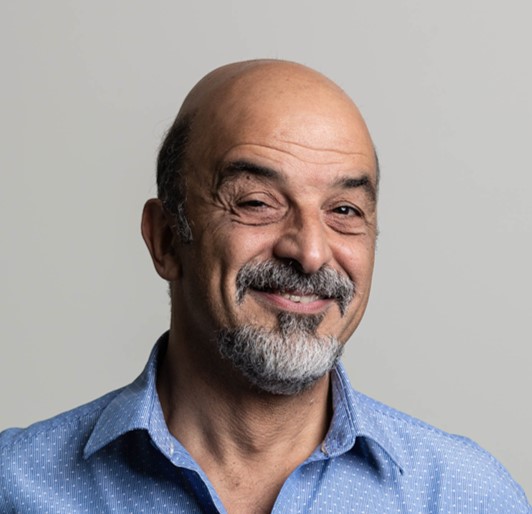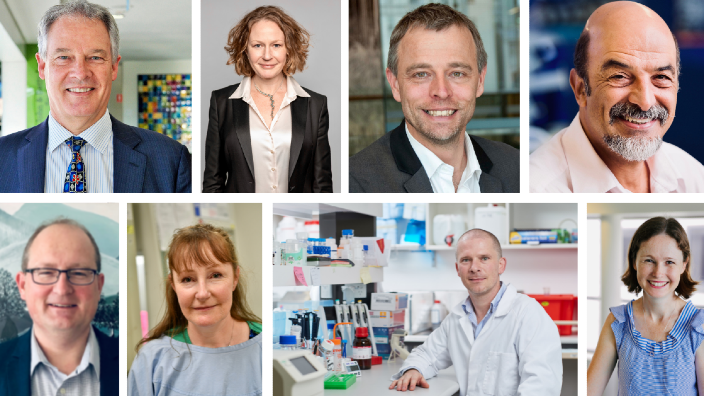Childhood Dementia Initiative (CDI) has selected eight highly respected leaders, researchers, academics and clinicians to front its world-first Scientific and Medical Advisory Committee (SMAC).
This Australian committee will help guide the strategy to urgently disrupt the impact of childhood dementia on children and families.
“This is a world first. A committee of this calibre has never before come together to focus on childhood dementia. It will be key to positively changing the landscape for childhood dementia in the lab and the clinic,” Megan Donnell, CEO of Childhood Dementia Initiative, says.
READ MORE: ‘She’s fading away’: Niki Markou fights to save teen daughter after childhood dementia diagnosis.

The following accepted positions on the Initiative’s SMAC are:
- Professor John Christodoulou AM MB BS PhD FRACP FFSc(RCPA) FRCPA FHGSA FAHMS
- Tiffany Boughtwood BSc MBA
- Professor Marcel Dinger PhD GAICD
- Associate Professor Michelle Farrar MBBS FRACP PhD
- Associate Professor Kim Hemsley PhD
- Associate Professor Leszek Lisowski PhD MBA
- Professor Peter R Schofield AO FAHMS PhD DSc
- Dr Nicholas J.C. Smith MBBS(Hon) DCH FRACP PhD(Cantab)
The initial focus of the SMAC will be the formation of a National Collaborative Research and Clinical Care Network.
This network will break down the silos in childhood dementia research, bringing together experts from diverse areas to collaborate and accelerate the development of new therapies and improve clinical care.
What is childhood dementia?
Childhood dementia is progressive brain damage that starts before the age of 18. There are over 70 types of the disease, each caused by changes in the DNA because they are genetic diseases.
In August, Head of Research at CDI, Dr Kristina Elvidge, told The Greek Herald that 1 in 2800 babies born will develop dementia in childhood.
That’s 129 babies born each year in Australia, one every three days. It is estimated that almost 2,300 Australians are currently living with childhood dementia, which adds up to 700,000 people worldwide.
The signs and symptoms themselves are similar to those you might have seen in an elderly relative suffering from dementia. They include for example, lack of concentration, memory loss, personality and behavioural changes, and even loss of speech and mobility.
READ MORE: Professor Christodoulou on why healthy Australians can suffer severe coronavirus symptoms.

